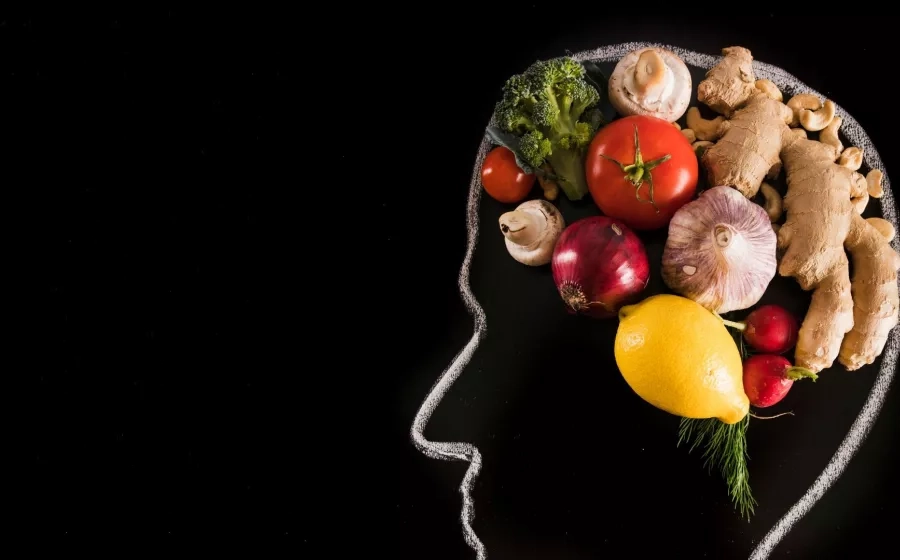46th ESPEN Congress 2024 on clinical nutrition & metabolism
Laís Bhering Martins, Setareh Ranjbar, Martin Preisig, Pedro Marques-Vidal, Marie-Pierre Strippoli , Séverine Vuilleumier, Angeline Chatelan. Exploring Associations Between EAT-Lancet Diet Adherence and Depression Subtypes
Milan, Italy, 7-10 September 2024
21st biennal Congress of the European Psychiatric Association, Section of Epidemiology & Social Psychiatry
Laís Bhering Martins, Martin Preisig, Pedro Marques-Vidal, Séverine Vuilleumier, Angeline Chatelan, Environmental-Diet Study: Preliminary Results on the Association Between a Sustainable Diet and Depression
Lausanne, Switzerland, 11-14 September 2024
23rd IUNS-ICN International Congress of Nutrition
Lais Bhering Martins, S. Ranjbar, M-P Strippoli, A. M. Lasserre, Pedro Marques-Vidal, Séverine Vuilleumier, Martin Preisig, Angeline Chatelan. Adherence to the EAT-Lancet Diet and the Incidence of Major Depressive Disorder: Findings from the Swiss CoLaus|PsyCoLaus Cohort Study
24-29 August 2025




